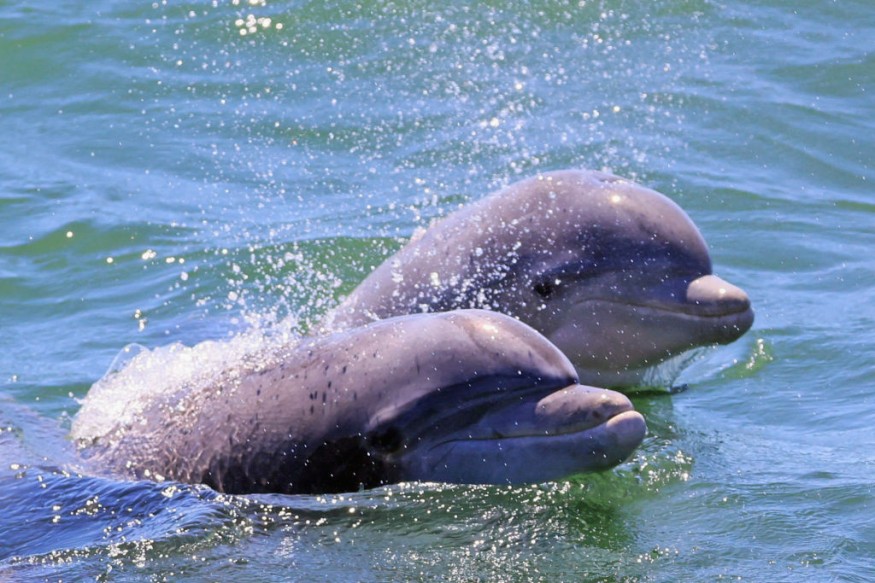
Healthy marine ecosystems are crucial to human health, food and livelihood. Recent researchers showed dolphins showed a crucial contribution to a healthy ecological balance and bioindicator.
Furthermore, the United Nations Environment Programme (UNEP) explained that marine ecosystems have been threatened by sea-level rise, illegal overfishing and marine pollution.
Aquatic animals have helped maintain the well-being of marine ecosystems, especially dolphins. They may look like jolly animals, but they serve a bigger ecological importance and bioindicator.
According to the World Wildlife Fund (WWF), there are said to be 36 species of dolphins thriving in coastal areas and oceans.
Importance of a healthy marine environment
Reports explained the contribution of dolphins to the marine environment. Healthy ecosystems have beneficial effects on humans and animals.
As per the International Union for Conservation of Nature (IUCN), healthy marine ecosystems can also help the earth's well-being.
Here are essential facts about why it is crucial to maintain healthy biodiversity and ecosystems.
Food sources and livelihood
UNEP says the ocean is crucial for human medicine, nutrition and food sources. Communities and many countries depend on oceans for livelihood.
Meanwhile, a study published in Frontiers explained that seafood was crucial for over 3 billion people globally.
The researchers explained that fisheries and aqua-related jobs employed over 56 million people.
Helping with Global Carbon Storage
Furthermore, a healthy marine environment is vital to sequester global carbon and carbon emissions, which harm the environment.
On the other hand, UNEP said that the world's oceans help to store over 90% of heat due to climate change.
The forests and coral reefs have been an effective natural buffer to protect cities and communities from flooding and natural disasters.
The marine environment is home to biodiversity
Maintaining healthy ecosystems can help in the ecological balance and conservation of aquatic species.
Many species are still undiscovered under the deep oceans. Protecting species from threats of pollution and climate change can help save them from the brink of extinction or population decline.
The role of dolphins in ecological balance
According to the NOAA Fisheries, dolphins play a significant role in the ecological balance of marine ecosystems.
Dolphins consume fish and other crustaceans. Without dolphins in oceans, the animals they eat could increase in large numbers, affecting the ocean balance and food chain.
The NOAA noted that dolphins serve as sentinels of ocean health that maintain ecosystem balance.
In a report published in the National Library of Medicine, the researchers explained that dolphin species act as bioindicators in marine ecosystem health, providing expert information for possible disease or ocean contamination.
Did you know?
In the previous articles, Nature World News (NWN) reported that dolphins can employ different communication signals in their environment. They are considered clever and intelligent animals!
Related Article : How to Interact With Dolphins Responsibly: What Every Tourist Must Know
For more similar stories, don't forget to follow Nature World News.
© 2026 NatureWorldNews.com All rights reserved. Do not reproduce without permission.





